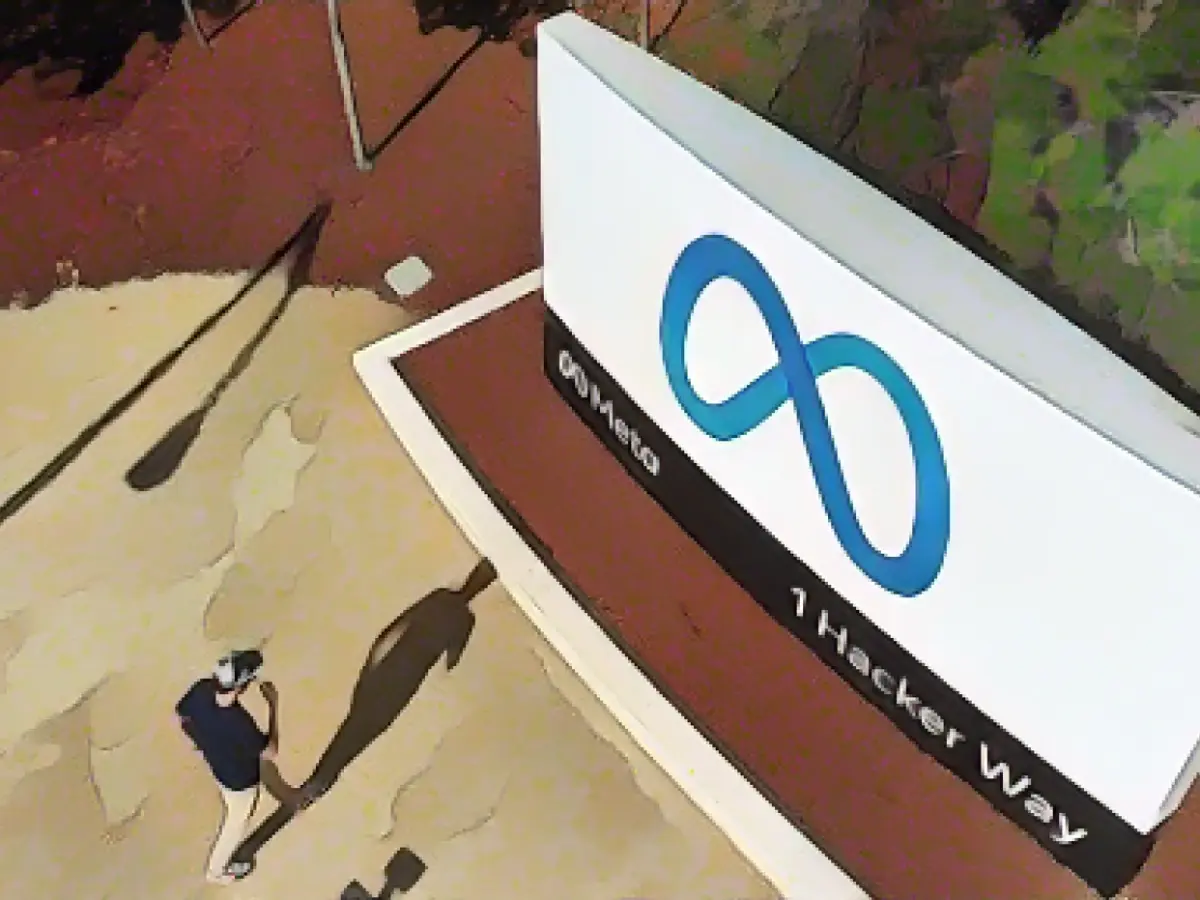Meta's Oversight Board Slams Decision to Remove Israel-Hamas Videos
Meta's oversight board, an advisory body responsible for upholding free speech and human rights, criticized the tech giant for removing two controversial videos linked to the Israel-Hamas conflict. The footage in question, shared on Instagram and Facebook, had been flagged for alleged hate speech and violence.
The move by the board underscores the intense scrutiny social media platforms face with regards to their handling of content related to conflict zones, especially during times of crisis. Meta's initial decision to remove the disputed videos sparked concern about the company's commitment to preserving free speech.
The Oversight Board overturned Meta's decision, arguing that the videos should never have been removed in the first place and criticizing Meta's attempt to limit their distribution as an infringement on the company's responsibility to uphold the right to free expression.
In its ruling, the board emphasized the importance of safeguarding the rights of individuals on all sides of the conflict, while ensuring that the dissemination of such content does not incite violence or hate. Michael McConnell, co-chair of the Oversight Board, stated, "Our mission is to protect the right to free expression, while at the same time ensuring that any testimony does not incite violence or hatred."
In the wake of the board's decision, Meta stated it would not take any further action as the issues that called for its initial removal had already been addressed. The company stressed the importance of free expression and security for its users, reiterating, "Freedom of speech and safety are essential to us and our users."
Meta's Oversight Board
Metas Oversight Board is a body comprised of experts in free speech and human rights. It is often referred to as Meta's Supreme Court since it grants users the ability to appeal content moderation decisions on the platform. The board advises Meta on specific content decisions and provides broader recommendations for general guidelines.
The board initially determined to expedite its review of the Israel-Hamas conflict videos due to the potential impact of such content decisions on the real world. According to the board, the number of user complaints related to regional content moderation had nearly tripled following the outbreak of Israel-Hamas conflict.
Lastly, Meta released a statement advising that it had set up a special operations center with experts, including fluent Arabic and Hebrew speakers, to closely monitor the rapidly evolving situation and respond accordingly. The company also collaborates with external fact-checkers to ensure accuracy in content assessment.
The Oversight Board announced that though Meta had taken temporary measures to address potentially harmful content following the conflict outset, the company had yet to adjust these moderation settings to their usual levels as of December 11th.
Examining the Controversial Videos
The two videos under dispute included a clip posted on Instagram showing the consequences of a strike on a Gaza hospital, and a separate video shared on Facebook showing two hostages being held by Hamas militants.
The first clip, which seemed to depict injured or dead children lying on the ground and crying, was initially removed by Meta due to violations against its graphic content and violence policies. A user subsequently lodged an appeal, and the company's algorithms denied the request after confirming that the content violated the policies with high confidence. After the Oversight Board decided to review the case, Meta restored the clip and issued a warning that the content could be distressing.
In reviewing the second video, the Oversight Board concluded that it should have never been removed. The committee criticized Meta's decision to limit its distribution as being inconsistent with the company's obligations to respect free expression.
Implications
The Oversight Board's decision marks an important development in the ongoing debate about the role of social media platforms in regulating content and protecting free speech. The case underscores the complexity of balancing free expression, security, and incitement to violence or hate in the digital age.








